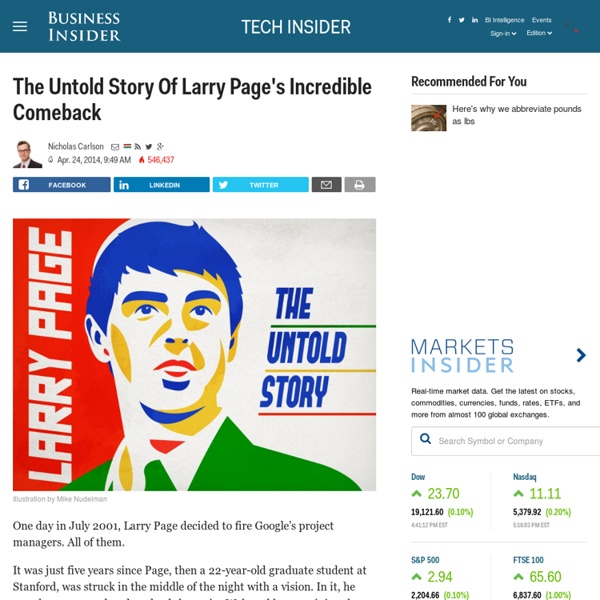



The Difference Between Large Funds and Small Funds I have always been a “small fund” oriented investor. Both models work if executed well, but they are different. With small funds, you only need to find a few good ideas a year to get behind. That is true in hedge funds, private equity, venture capital, and probably many other asset classes. With large funds, you need to get behind every good idea every year. There are some investors out there than can execute the large fund model. There are many investors out there that can execute the small fund model. That is essentially what we do at USV. I don’t lose a lot of sleep over missing good deals. But imagine if you had a $1bn fund to invest.
The Mobile Downturn I woke up to this post by Chris Dixon in my Tumblr. Chris states: Apps have a rich-get-richer dynamic that favors the status quo over new innovations. He’s right about that and he’s right about a bunch of other things in his post as well. We did a portfolio review at USV yesterday. My partner Brad hypothesized that it had something with the rise of native mobile apps as the dominant go to market strategy for large networks in the past four to five years. Chris mentions something else in his post that, to me, is a big bright spot on the horizon: Most worrisome: they reject entire classes of apps without stated reasons or allowing for recourse (e.g. Let’s go back and revisit the big innovations on the commercial Internet over the past twenty years. My friend Adam tweeted this in the wake of my The Search For The Next Platform post.
In mobile, everything is still wide open The mobile platform horse race is very entertaining, and a very reliable way to get page views. But it’s also, increasingly, a second-order question. So far, Apple and Google are both winning, in different ways. That may change over time - Apple may make a substantially cheaper phone or developers may shift to making Android apps first. But that’s really not a very interesting topic anymore - everything that can be said has been said, and it wouldn't even necessarily change very much unless you're an Apple or Google shareholder. To me, the first-order issue is the sheer scale of mobile. The Consumer Internet Sweet Spot — Consumer Internet Trends As a rabid fan of consumer internet, I try a lot of new apps and products. Of late, I’ve noticed that very few, if any, of these new startups are “sticking” for me. Coincidentally, Hunter Walk recently wrote a post in which he cited “app promiscuity” — that our constant craving for something new leads us to move on to the latest and greatest app before even giving the first one a real chance. Additionally, Brian Norgard Tweeted that apps need to naturally fit into users’ mobile flow to have any chance at success. So, I’ve been trying to reconcile Hunter’s hypothesis and Brian’s Tweet with my own thoughts on the consumer apps and products that have resonated with me in the past — those that have made it into my flow, mobile or otherwise. Apps that are purely diversions (i.e. games) are often flashes in the pan. Ultimately, the apps and products that are most likely to have success, both in the near- and long-term, are those that are both fun to use and provide significant utility.